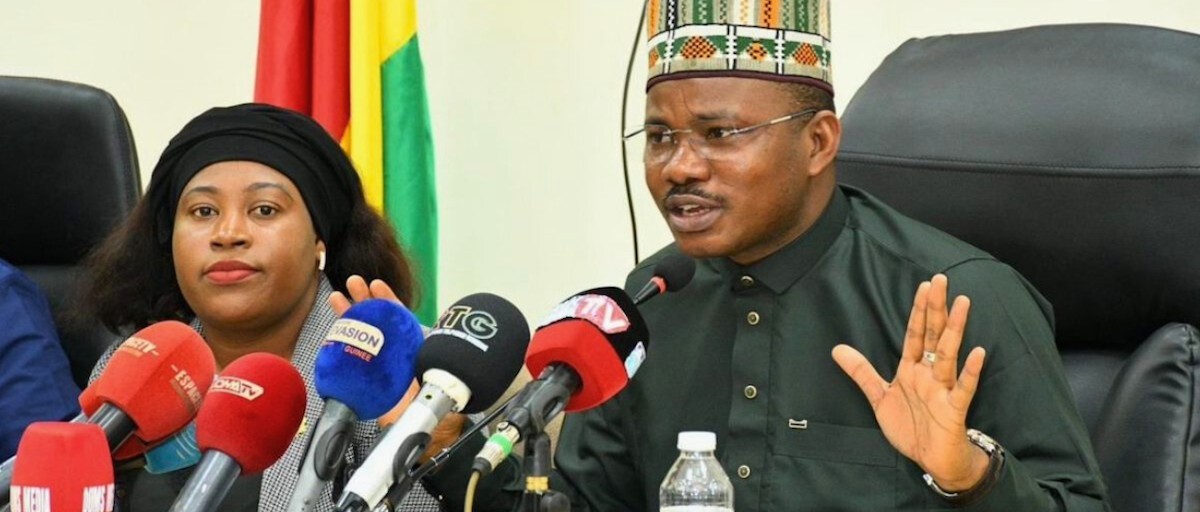Guinea’s draft constitution proposes seven-year presidential term ahead of controversial referendum

Guinea is poised to hold a national referendum on September 21, 2025, to decide on a new Constitution that could significantly reshape the country’s political landscape.
Among the most contentious proposals is the extension of the presidential term from five to seven years, renewable only once.
The draft Constitution, unveiled on national television, introduces sweeping institutional reforms.
These include the establishment of a Senate, with one-third of its members appointed directly by the president, and the creation of a Special Court of Justice tasked with prosecuting the head of state and government ministers for high treason or crimes committed in office.
However, the proposed Article 74 raises eyebrows by granting full immunity to former presidents for acts carried out during their terms, a move critics fear could undermine accountability.
One of the most debated omissions in the final version of the draft is the removal of an earlier clause that banned any individual from serving more than two presidential terms in their lifetime.
The clause had been seen as a safeguard against lifetime presidencies.
Its deletion has raised suspicions about the future ambitions of transitional president General Mamadi Doumbouya, who had previously vowed not to contest the next presidential election.
Despite his pledge, several of his allies are now openly calling for him to run.
The draft also includes progressive changes, such as the recognition of African languages alongside French and the introduction of a 30% quota for women in elected and public leadership positions.
This referendum is seen as a pivotal step in Guinea’s promised transition back to constitutional rule, following the 2021 military coup that brought Doumbouya to power.
Yet, the proposed reforms have ignited fierce political debate and deepened concerns about the consolidation of presidential power under the guise of institutional reform.
About The Author
dailymailafric
I am an avid African news observer, and an active member of Daily Mail Africa.
I’m Passionate about staying informed on diverse topics across the continent,
I actively contribute to publishing on political, economic and cultural developments in Africa.



